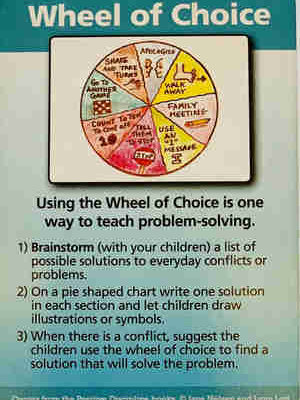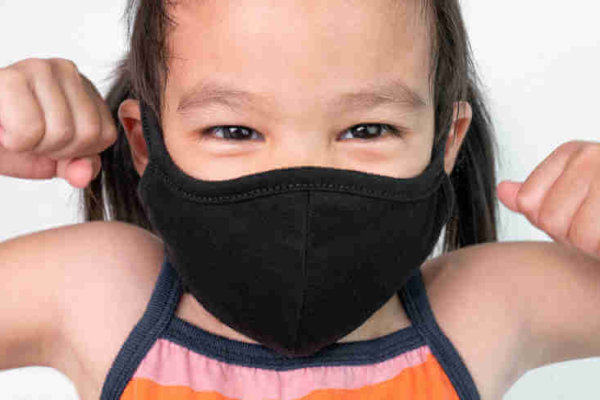Preparing kids for flu shots + vaccines
Kids have been getting shots since they were little, and yet it feels like each time a flu shot or vaccine comes around it is a totally new ordeal. While parents may be relieved at the protection, guess who is NOT doing a happy dance. The kids! Most dread that larger than life needle. So how do you prepare kids for vaccines and possible after effects? We’ve got tips to help.
How to explain any vaccine to a child
Kids need relevance (grown ups do too) so give them the why! Explain that, just like with vaccines they received as babies and toddlers, this one too is important to keep them from getting seriously ill and getting others ill too. Be honest that there could be side effects and discomfort, but that also means it is your body’s way to get strong and build up its immune system. Tell them about your own experience getting vaccines, then ask them what questions and worries THEY have about it. Really listen when they tell you, and avoid trying to immediately “fix” the worry. Instead, validate their feelings and ask them to tell you more about it.

Put it on the calendar
As tempting as it is to hijack them after school and pretend you are going home while making a stealth left turn to the clinic, it is respectful to let them know in advance. The more kids know what and when to expect things, the less they make up or are triggered into extreme panic when they are told last minute.
What is your child’s temperament like? Do they need more time to warm up or less? Are they fairly flexible or anxious about new things? Typically, telling younger children a few days before the event is fine whereas an older kiddo could use a week or two. Write it together on the calendar, and if possible, give them some choice and agency in the day or time
Even the choice of 3:00 versus 3:30 helps them feel more in control and less anxious.
Roleplay
With it now on the calendar, have a few sessions to role play (yes, even the older ages!) and practice. Have fun with it by playing doctor (kids love pretending with dress up costumes too) and letting them be the one to give the shot first. Use stuffies or characters to ease into it if needed.
Disconnect
This can be a healthy tool for kids to intentionally separate the mind from the body- through active decision and skill building. Both for a one time shot, or for children who have to undergo many medical procedures on a more routine basis, teaching them to go to a favorite or imaginary amazing place in their mind (it can be different or the same each time) can be really helpful. Lynn Lyons, host of flusterclux, refers to this with kids as “using your imagination to be able to handle this in a way that makes you feel like a superhero.”
Use books + art
While there are some great children’s books about going to the doctor, for this age range we recommend books that address the worry and help teach coping strategies. Find Your Calm by Gabi Garcia is excellent, along with these recommendations by Books that Heal Kids. Art can also be therapeutic for children, both in anticipation of the appointment and afterwards. Give them a variety of colors to express themselves, staying curious and encouraging them to “name” the worry or big feeling they might be drawing.
Make a plan
Use the opportunity to build executive functioning skills by talking through the schedule including the few days afterwards in case they are not feeling well. Are there sports that might need to be skipped? A plan for extra books from the library or other quiet activities to have at the ready? A plan to make up any extra school work? PrUse the opportunity to build executive functioning skills by talking through the schedule including the few days afterwards in case they are not feeling well. Are there sports that might need to be skipped? A plan for extra books from the library or other quiet activities to have at the ready? A plan to make up any extra school work? Preparing ahead can also help siblings and parents that might also be affected. Plan what special stuffy or lovey they may want to bring and a special event or activity afterwards to look forward to (not as a contingent for “being good.”) If you haven’t already, this is a great time to teach them about their brain so you can…eparing ahead can also help siblings and parents that might also be affected. Plan what special stuffy or lovey they may want to bring and a special event or activity afterwards to look forward to (not as a contingent for “being good.”) If you haven’t already, this is a great time to teach them about their brain so you can…
Be ready for action!
Let’s be real here. With some children, no matter how much you practice and prepare, they are going to lose their minds.
True story: My daughter had to undergo a lot of blood work when she was 3. It was horrible- she screamed bloody murder with every vial of blood they had to take (literally screaming “why are you doing this to me I don’t like you” while the poor nurse was shaking) and from then on, she associated any shot with that experience. It has taken years and practice and she still gets anxious but now as a 6th grader she knows it is her brain’s false alarm. And, she still needs support with needles. I have her look me in the eyes while holding her hand and we count down together while she takes deep breaths and gets it over with.
As a bonus, we discovered when her younger sister was a preschooler she TOO was afraid and had even stronger lungs. Even without a negative experience she SCREAMED so loudly at Walgreens for the flu shot the entire store was on edge. I firmly but lovingly held her, told her she was safe, and gave the pharmacist the look that said “right now buddy do it QUICK” while I counted down from 20 and told her to keep looking in my eyes. If either of these examples applies to your child, know that you are not alone! Stay as calm as you can, validate afterwards that YES it was scary and it hurt, AND that it is over and you are there to give comfort. Acknowledge what a big thing they went through and take some deep breaths together to regulate you both.
Let it go
Then, move on. Stick to your plan, hunker down, put on music they love, or move the energy through the body. Water is great for this- shower, bath, swim, or even just swinging on swings or monkey bars. Maybe even take a moment to yourself once the day is over. Parenting is tough, and seeing our children sick or scared is never easy. Remind yourself that kids are resilient and, so are you.





Comments